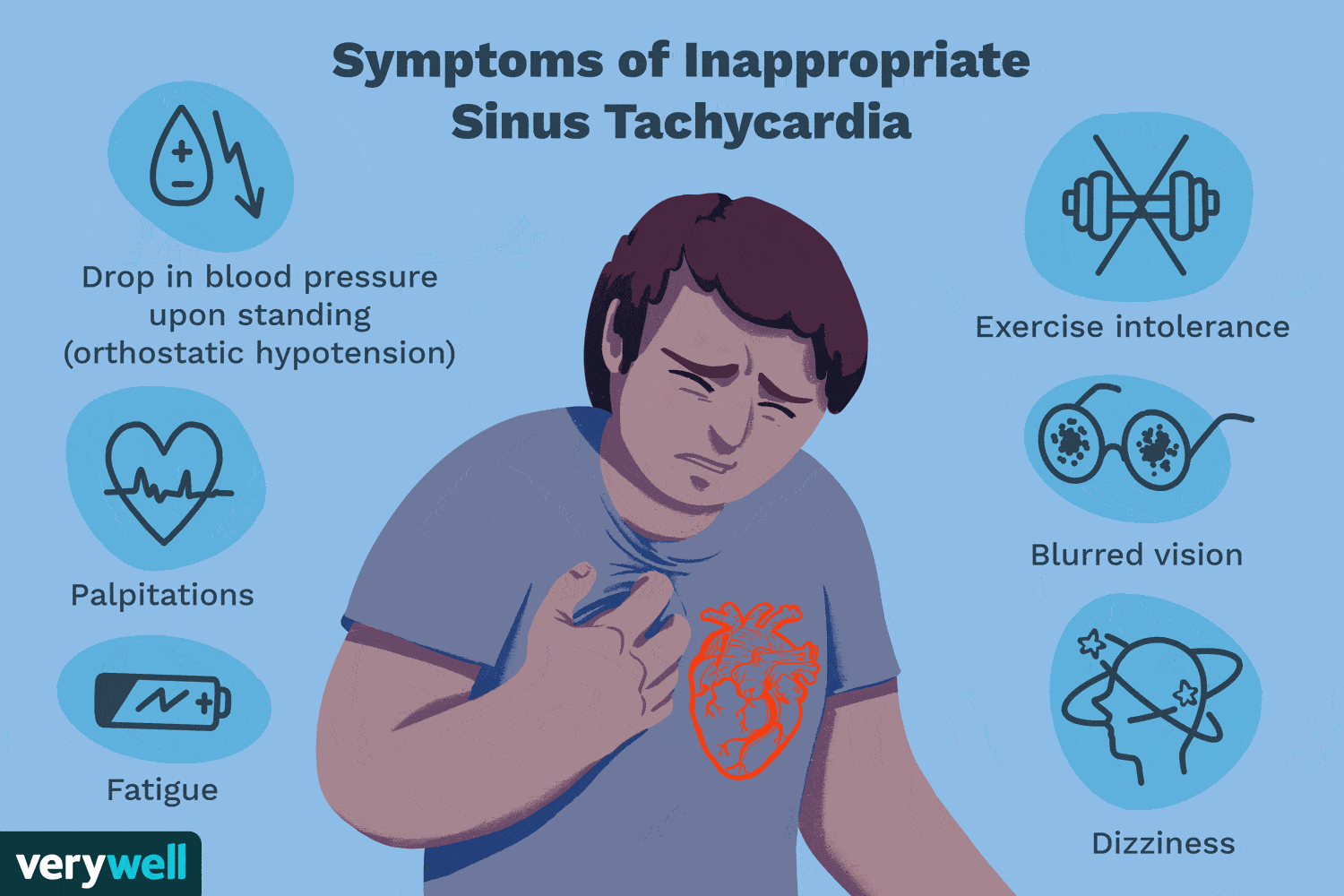
A sudden, rapid heartbeat is called palpitations. It can turn out to be harmless, or, conversely, be a sign of a serious problem. Palpitations can have different origins and correspond either to an adaptation of the heart to a normal position, or to an abnormal heartbeat. For example, a transient rapid heartbeat may be noted during sudden exertion or a moment of stress or anxiety. It could also be due to an excess of excitatory substances.
Rapid heartbeat: what are its causes?
Palpitations can have different origins, and correspond either to an adaptation of the heart to a normal position, or to an abnormal heartbeat.
Transient tachycardia may be noted, for example during sudden exertion or a moment of stress or anxiety. It can also be caused by an excess of stimulating substances (caffeine, nicotine, or certain medications). But it can also be a symptom of heart disease or other diseases, such as an overactive thyroid gland.
Another example is the feeling of an irregular heartbeat. It is usually due to what are called extrasystoles (early contractions of the heart followed by longer-than-normal pauses). Extrasystoles are a common heart condition and are usually mild, but they can also be a manifestation of more serious heart conditions. External contractions are very common in pregnant women as well.
Other heart disorders can be a symptom of a serious arrhythmia, such as atrial fibrillation, for example.
How do we prevent a fast heartbeat?
Benign palpitations can only be prevented by:
Avoid stimulants: coffee, chocolate, tea, caffeinated drinks (some soft drinks, for example), some medications, etc.
– Trying to maintain regular physical activity: regular physical activity regulates the heartbeat; Especially if you are prone to anxiety attacks.
Quit smoking: Tobacco is a major risk factor for the heart and blood vessels, but it can also promote heart rhythm disorders.
What are the possible complications of a fast heartbeat?
Changes in the frequency or regularity of the heartbeat can affect circulation and cause, for example, fainting. This is why palpitations always require medical advice to determine the cause.






